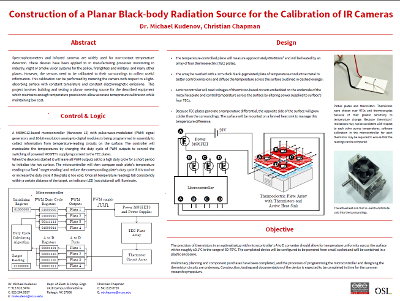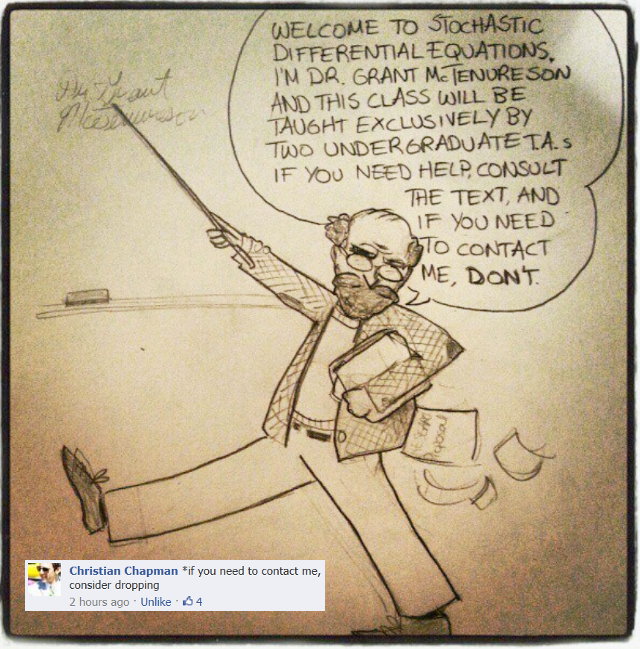Day 590 of 1000
This is the eighth in a series of posts on the benefits of skipping high school and going straight to college. The introductory post and index to all the other posts in the series is here. You can see their undergraduate results and post-graduate (PhD) chase here. I try to keep the results updated as they occur.
[Previous post in series]
[Next post in series]
Learning how to do mathematical proofs for the first time is not for the faint of heart. We decided it would be good to ease the kids through the transition form Community College to Big State U. (NCSU in this case) with a single class in the summer before entering full time in the fall of 2012. The class Kelly chose was one called Foundations of Advanced Math. The prerequisite for the class was Calculus II. Here is the course description from the catalog:
Introduction to mathematical proof with focus on properties of the real number system. Elementary symbolic logic, mathematical induction, algebra of sets, relations, functions, countability. Algebraic and completeness properties of the reals.
What is not mentioned in this description is that the move from applied math to proofs requires a paradigm shift. I wrote a little about this class as Kelly went through it here and here. Kelly had a tremendous professor for this class. He was a 75 year old emeritus professor who truly wanted his students to learn how to think properly about mathematics. Here is a quotation from one of the linked posts above about the admonition this professor gave to his class.
At the beginning of the class he said it was possible to pass the class just by memorizing the proofs, but if you did it that way you would lose out on two levels. First, it would be hard to get a good grade doing it that way. Second, if the student did not have a “lights going on” experience during the semester, their math world would only involve ciphering and not “real” math.
He was exactly right about this. It was doubly important for Kelly to have her “lights going on” moment because she would have two key classes called Mathematical Statistics I and II that require the ability to do and understand proofs. It was not OK to just learn the mechanics of this class. In her previous applied mathematics classes, Calculus I, II, III, and Linear Algebra, Kelly had Christian with whom she could collaborate when she did not understand. Foundations of Advanced Math was the first class like this she had to take without a safety net.
She started out slowly. She studied hard, but got herself into a little bit of a hole. She could do the material, but did not really understand it. She studied harder and harder as the semester went along, but at the mid-point of the semester, she could do the proofs, but was not really “getting” them. She studied even harder, late into the night every night and some time, about three quarters of the way through the class, the light went on. She remembers a precise point when she realized she knew how to do the proofs. It was extremely exhilarating for her. She aced the final and got an A in the class.
Earlier, we mentioned that a light load for the first semester at community college served our children well. Kelly’s single hard class during the summer semester before she started full time at Big State U. was very valuable both in terms of building confidence and giving her a sense for the difficulty of hard STEM classes.


